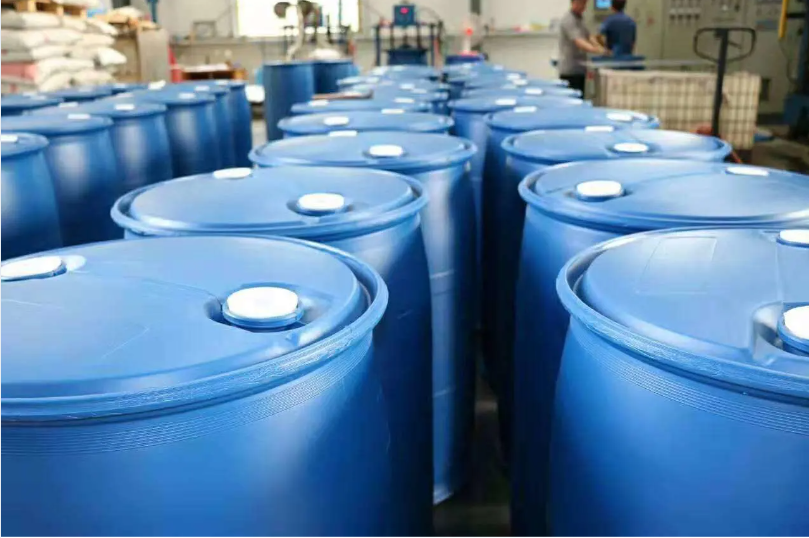

Levulinic Acid
Research progress on synthesis of energy-rich fuel additives levulinic acid catalyzed by biomass derived levulinic acid
Levulinic Acid is a unique potential value-added energy chemical that has attracted considerable attention from researchers worldwide due to its potential importance as a fuel blending chemical.
In contrast, the effective synthesis of levulinic acid compounds is in the initial stage of research and mainly involves challenging catalytic synthesis.

The existing literature shows that the function of acid functionalization catalysts is very important for the synthesis of levulinic acid esters, and in recent years, various catalysts have been widely used in the synthesis of these value-added chemicals.
In addition, the application of levulinate compounds as energy products is at an emerging stage, which requires extensive research work to improve engine performance and process efficiency.

(i) Potential applications of levulinate compounds, (ii) Market scenarios for levulate synthesis, (iii) Different catalytic pathways for levulate synthesis, (iv) Mechanical methods for levulate synthesis, (v) Advances in research related to critical evaluation of the use of various catalysts to obtain levulate (vi) Fuel mixing properties of levulinate and (vii) advantages of levulinate as a fuel mixer. In addition, future opportunities and challenges associated with the development of representative levulinic acid synthetic biorefining are summarized. (iii) Different catalytic approaches to levulate synthesis (iv) Mechanical methods for levulate synthesis (v) Various catalysts are used to obtain fuel mixing properties of levulate (vi) and (vii) advantages of levulate as a fuel mixer.
